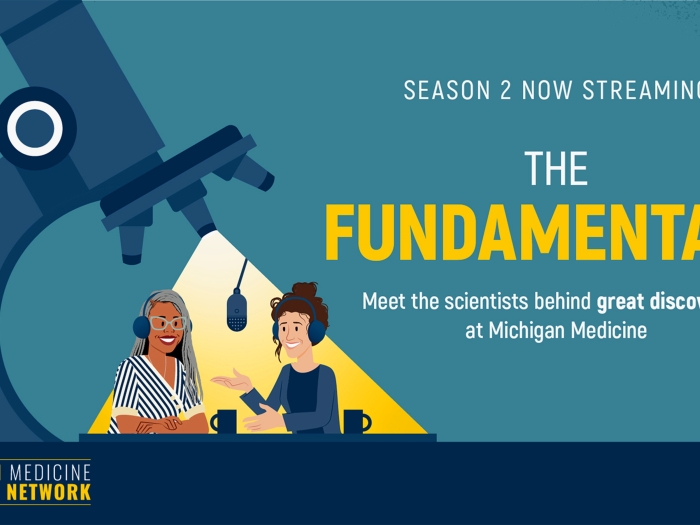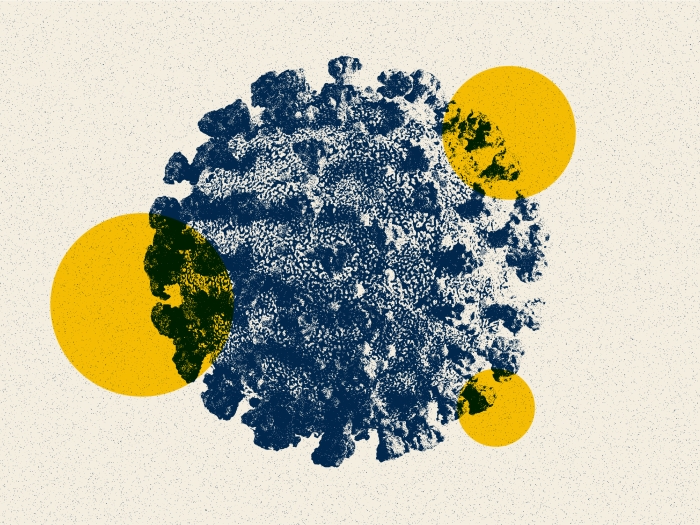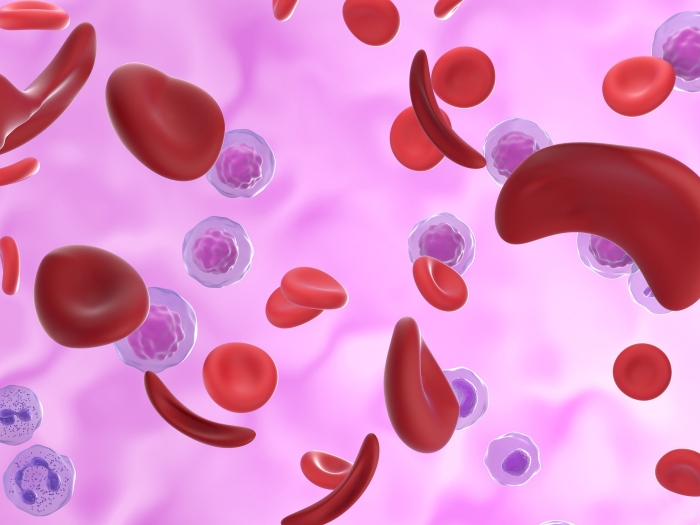Showing 1-15 of 27 results

Health Lab
A large grant for Michigan Medicine will launch important research to improve the screening and treatment for a gynecologic disorder that disproportionately impacts Black and Hispanic populations

Health Lab
On YouTube, the content recommended to kids isn’t always age appropriate, a Michigan Medicine study finds.

Health Lab
Youth with heart disease enrolled in unique program that teaches resilience and builds connections with their peers

Health Lab
A melanoma survivor shares facts and tips about preventing all types of skin cancer.

Medical School News
In the second season of The Fundamentals podcast, co-hosts Kelly Malcom and Jordan Goebig talk to several leading experts from the Medical School about their fields and the fundamental questions they are trying to answer — and discover why U-M is such an amazing place for research. Six new episodes of the popular podcast were released on May 6

The Fundamentals
Dr. Jody Platt. She is an Associate Professor of Learning Health Sciences at the University of Michigan Medical School. Trained in medical sociology and health policy, her research focuses on issues at the intersection of informatics and ethics. She is interested in understanding what makes data-driven health trusted, and the pathways for earning, achieving, and sustaining trust across stakeholders. Dr. Platt is the Academy Health and ABIM Foundation Senior Scholar in Residence advising on issues of measuring and building trust.

Health Lab
Experts in brain cancer outline current discoveries and offer a path of hope for glioblastoma treatment

Health Lab
Researchers recently revealed a new mechanism behind antiphospholipid syndrome that the investigators hope will eventually allow treatments to be targeted closer to the source of the problem.

Health Lab
At-home test can detect tumor DNA fragments in urine samples, providing a non-invasive alternative to traditional blood-based biomarker tests

Medical School News
Six members of the University of Michigan community were inducted into the National Academies of Practice (NAP) as Distinguished Fellows in a ceremony held on March 16, 2024 in Jacksonville, Florida as part of the Annual NAP Meeting and Forum. The group includes faculty and clinicians from the University of Michigan, University of Michigan-Flint and Michigan Medicine.

Health Lab
As guest editor for a themed journal issue, Lori Pierce helps highlight the multiple factors that can make cancer care and prevention more equitable and reduce the burden of this disease for all

Health Lab
Surgery patients who drink at a risky level have higher risks of complications; surgical teams could use artificial intelligence to search their records for signs that they may need to cut back.

Health Lab
Vaccination against the coronavirus was much lower in adults and children with sickle cell disease despite a higher risk of severe COVID-19.

Health Lab
Research from Michigan Medicine experts is shedding light and potentially expanding options for patients living with an aggressive childhood cancer.

Health Lab
How two newly approved gene therapies, including novel technology CRISPR, may help kids and adults with inherited blood disorders